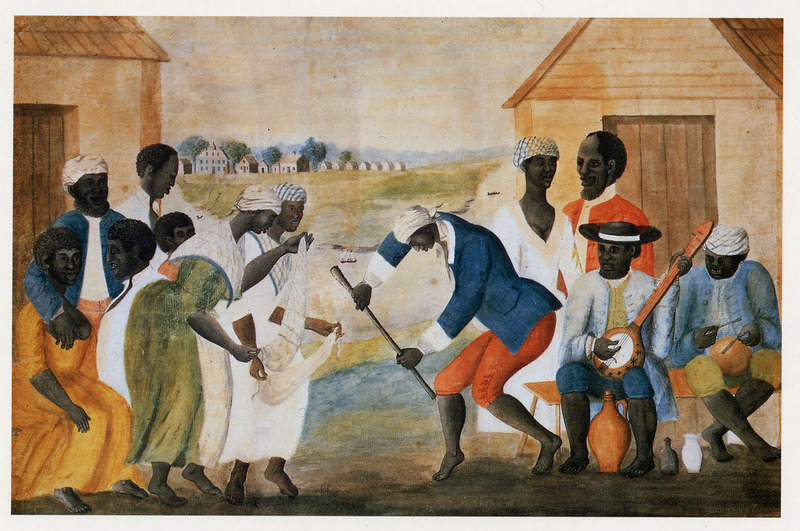Initiatives
Through scholarly research and public programming, the Center for the Study of Slavery (CSSC) examines the impact of slavery and race-related issues in the City of Charleston, the surrounding region, and at the College of Charleston from the late 18th century through the civil rights era and the continued impact and legacy of slavery in the present.
Research & Education
-
Academic Research
Scholars at the College of Charleston provide deeper understandings about the impacts of slavery and the study of race-relations.
Research initatives and collaborations have included the following:
- Teaching and Scholarship. The Center for the Study of Slavery in Charleston supports the more the nearly 100 College of Charleston researchers and faculty members studying and teaching courses realted to slavery and its legacies.
- Lectures & Conversations. Presenting a regular series of Brown Bag Lunches, speakers and topics including, Black History at the College of Charleston and Untagling Campus Histories of Slavery (with Hilary Green, Ph.D., Univ. of Alabama).
- Repartive Descriptive Language Work. The audit, review, and repair of offensive descriptions using language that reflects our responsibility to describe people and organizations represented in our holdings in an accurate, empathetic, and ethical manner.
- Teaching and Scholarship. The Center for the Study of Slavery in Charleston supports the more the nearly 100 College of Charleston researchers and faculty members studying and teaching courses realted to slavery and its legacies.
-
K-12 Education
The Center seeks to assist K-12 educators to expand learning, deepen engagement, and build empathy.
The Center partners with educators and students in the tri-county region to enrich K-12 curriculum with information about the history of enslaved people, Black cultural history, and race-related issues.
Public History
-
Public History Initiatives Overview

"The Old Plantation," painting by John Rose, ca. 1785-1795, courtesy of the Abbey Aldrich Rockefeller Art Museum. This painting depicts enslaved African Americans on a plantation in the South Carolina Lowcountry.
Through dynamic exhibitions, thought-provoking programs, and innovative digital resources, we're dedicated to facilitating a more nuanced public understanding of Charleston's role in the institution of slavery. By connecting the community to historic artifacts, documents, and cutting-edge scholarly analyses, we aim to challenge preconceptions and spark meaningful dialogue.
Our collaborative partnerships with the College of Charleston Libraries, the Avery Research Center, and the International African American Museum allow us to leverage a wealth of resources and expertise. Together, we're building a rich public curriculum that illuminates the lived experiences of the enslaved, the lasting impacts of systemic oppression, and the resilience of the human spirit. -
Public History Initiatives and Collaborations
Public History initiatives and collaborations include:
- Digital tours on Discovering Our Past focusing on the history of slavery and its enduring legacies in the city of Charleston.
- Workshops for student ambassadors on how to integrate this history into campus tours for prospective students.
- 34 Broad Street Historical Marker. Collaborated in developing the historic marker indicating the site of domestic slave trade along Broad Street.
Below are links to the websites of our collaborative partners as well as other helpful public history resources:
Avery Research Center for African American History and Culture
Avery Institute of Afro-American History and Culture
Enslaved and Freed African Muslims: Spiritual Wayfarers in the South and Lowcountry
Lowcountry Digital History Initiative
International African American Museum
CofC Resources for Teaching Race, Equity, and Inclusion
Take the Tour: Discovering Our Past - Digital tours on Discovering Our Past focusing on the history of slavery and its enduring legacies in the city of Charleston.